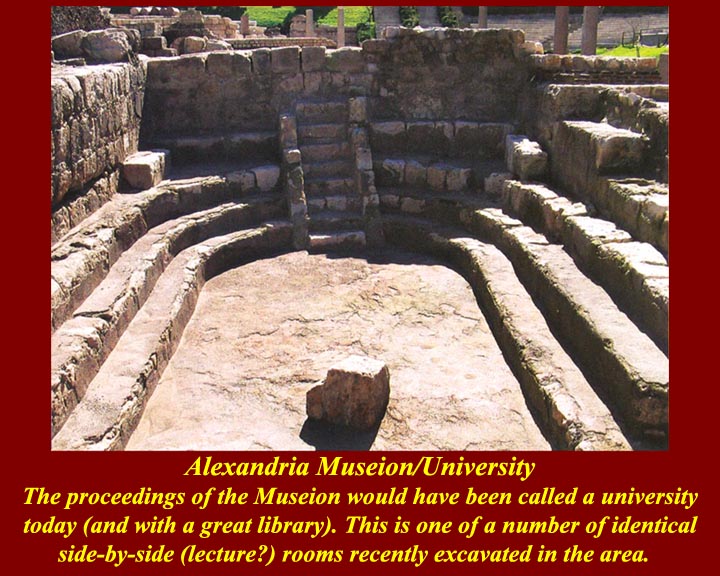The desire to have some type of knowledge test is easy to understand. American's are by cultural indoctrination pragmatists. We want to see the "results". We want the "evidence". We hate nebulous answers. The problem is...learning is not cut and dry. People learn in different ways, and we process information in different ways. For example, multiple choice logic problems are easy for some people, but difficult for others. Sometimes it is individual, and at other times you can see cultural trends at work. Standardized tests are ultimately a HORRIBLE way of showing that students have LEARNED. They do not show the effectiveness of teachers, unless you are looking at how well the teacher taught the test. I often wonder, have we ever really looked (as a culture) at whether the tests reflect what we think students should be able to do? Even most of the reading comprehension and math standardized tests seem to miss the mark when it comes to discovering what students have learned.
The prime problem with these exams: They are easy to administer and grade. Most of all, they provide wonder numbers which can then be turned into graphs. Let's ignore the ability to manipulate that data. Instead, let's just focus on the idea that it is easy for administrators. A district can just order the tests in bulk, give them at an assigned time, then bulk process them. The computer then shoots out lots of number....YEAH...Evidence! But is it good evidence.
One thing I emphasize with my students is that you must look at the underlying assumptions. What follows are two core assumptions I see in standardized testing. There are more, but I'm going to start here.
Assumption 1: All people of the same age (grade) have the same ability to process information.
- This is a bold assumption, and does not hold very well. Even adults have different abilities to process information.
- This goes back to the industrial model of the American public school system. All children of age X are sorted into grade Y.
- But do all children have the same capabilities? NO. Some may be better in math than others, some stronger readers, others stronger writers.
- Core Issue: Each human being is unique (unless you have an identical twin). So we each have unique capabilities.
I remember one seminar on this topic where the speaker was talking about different thought processes (models) that African American students can come to school with. It was dealing with what would see as a simple question: draw a line between two point. The children's answer was:
It is a line between two points. Of course, teachers and standardized tests would count this as a wrong answer, but it does satisfy the paramaters of the question.
- Children come to school with preconceived ideas (notions) based upon their familial and cultural upbringing.
- This changes the lens though which they receive information.
- Again, no two children are alike.
For me, the greatest problem with these exams is that they are attempting to standardize human intellect and knowledge.
In regards to teachers, it is absurd to relate the effectiveness of a teacher to standardized exams throughout primary and secondary schooling. The exams are not giving us clean data, but instead, data based upon the illusionary concept of a human norm.
NOTE: When you get to specific knowlege (i.e., discipline specific knowlege), I can see using standardized exams a little more (such as the American Chemical Society's collegiate exit exams). I just don't think the general education exams are really giving us the evidence they say they are giving.




